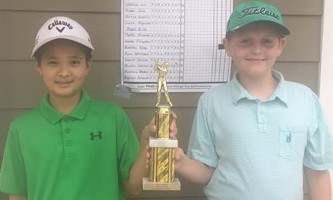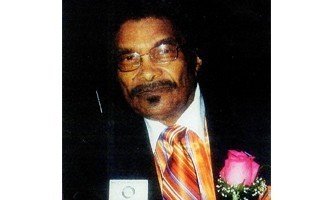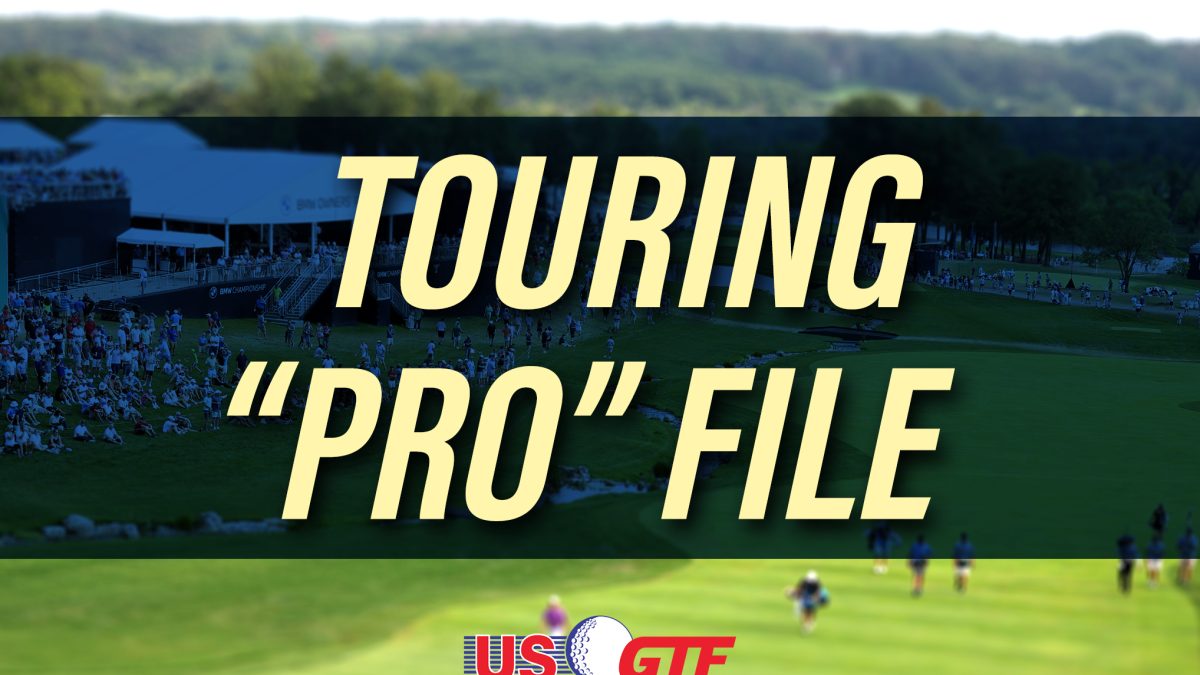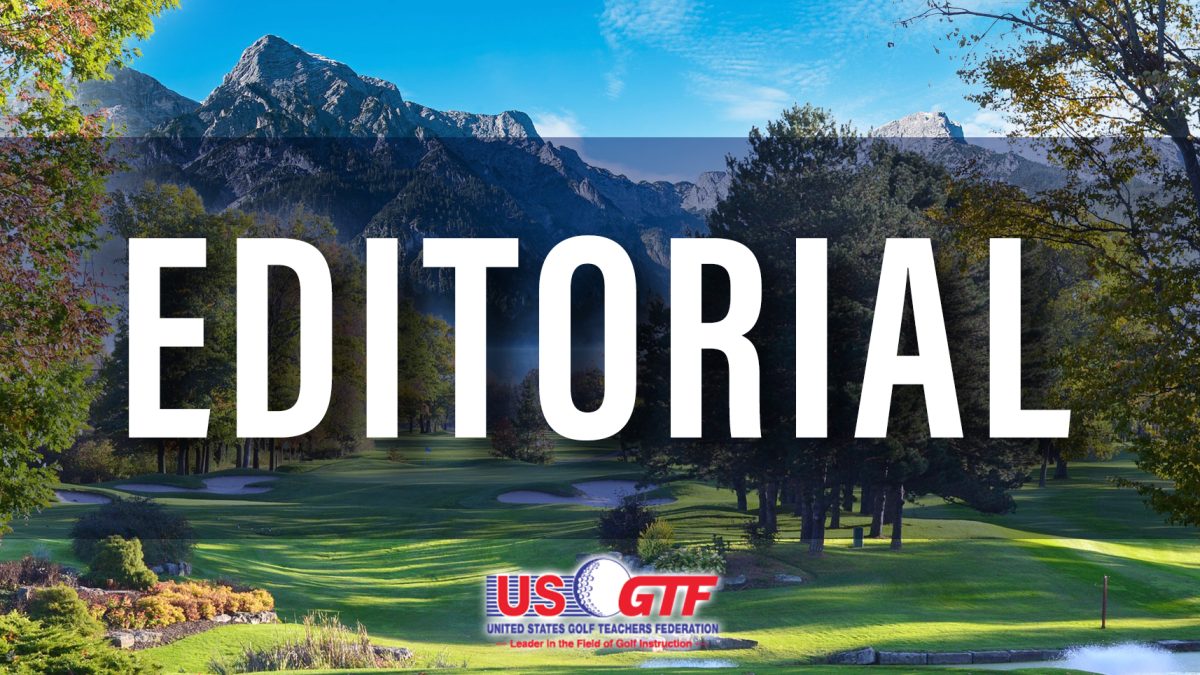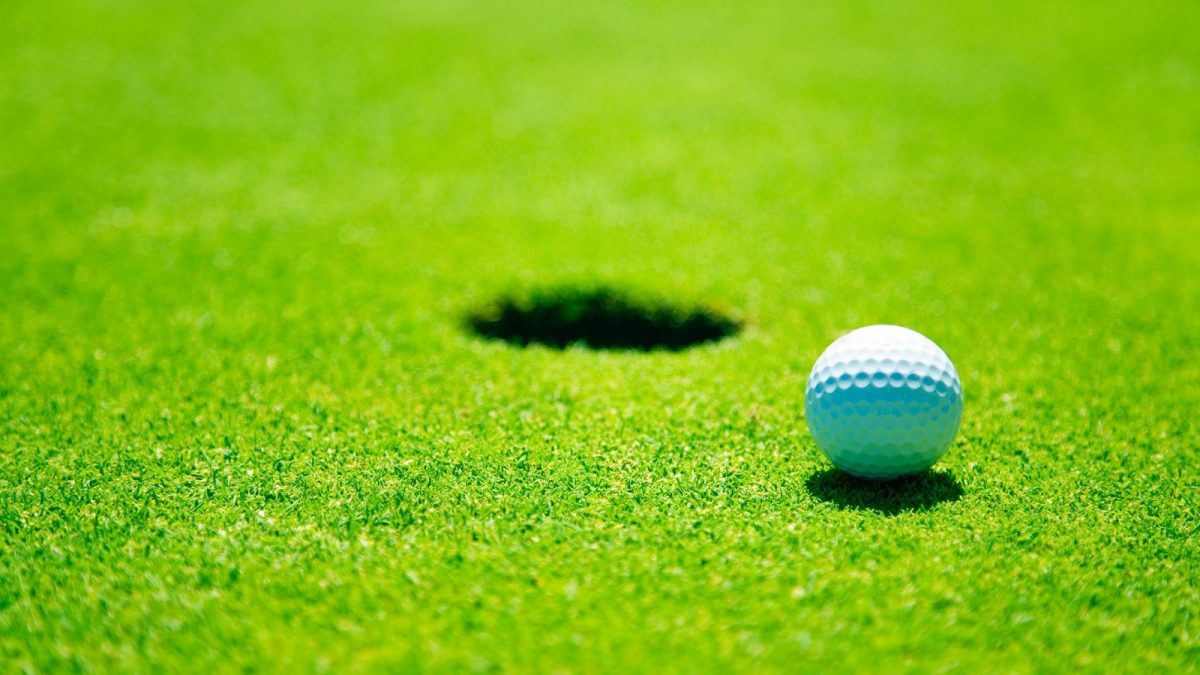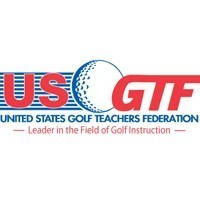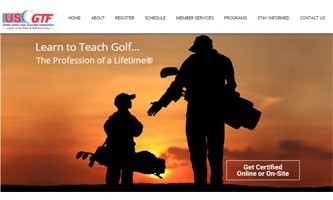Blog
Member Profile – Jim Kearney
“Pro” File – Touring Professional Robert Wrenn
Editorial: Why Chastise the Person Who Didn’t Break the Rule?
A lot of people are criticizing Shepherd. She did nothing wrong. In a situation like that, sometimes you are so shocked by the outcome that you are temporarily stunned and don’t react as quickly. I’m sure Shepherd thought Moon would make the short putt and was probably accepting her fate when “Bang, wow, I can’t believe it.” Critics think she should have immediately said good and moved on. But it is not always that simple. I was in a similar situation once and lipped out a putt to win a match. My opponent was surprised I missed and just kind of looked at me in shock. I addressed the ball to finish the hole when he said good.
See, you must be aware of the situation and not allow a sudden mishap to affect your thinking. Moon made the mistake. No one should put it on Shepherd.
By Mike Stevens, USGTF Member, Tampa, FL
Ireland: Trip Of A Lifetime
I recently had the good fortune to take the golf trip of a lifetime to Ireland (thanks to my lovely bride who surprised me for my birthday). There were eight of us who made the trip across the pond and spent seven days playing some of the most beautiful courses in the world. While the trip was planned through a travel agent who specializes in these types of adventures, I want to share some of the tips and tricks I learned along the way. I highly recommend traveling to Ireland, which I know is on many of your bucket lists.
Pre-Trip Preparations
- While using a travel agency increases the cost, they handled all logistics: transportation, lodging, restaurant recommendations, course reservations, and it even booked our caddies. This added expense is well worth the reduced level of stress that would accompany international travel on your own. One couple we met were surprised that we were able to get onto Ballybunion. We found out that this was due to the relationship of the agency with the course.
- We flew coach to save on some cost; however, we paid extra for additional leg room. This helped us stretch out and relax.
- When packing, don’t expect the weather to remain true to the forecast. Bring clothing for every extreme. For example, you can tee off in short sleeves and shorts; four holes later you are donning sweaters and full rain gear. I didn’t really believe it until I was swapping outfits multiple times during one round!
- I cannot stress enough the importance of having a chauffeur. Since our group was larger, we rented a small coach and driver, who remained with us for the entire week. John provided unparalleled service, was our personal tour guide and designated driver. Having a chauffeur allowed us to relax, take a nap, talk about the round and truly enjoy the beautiful landscape. There’s no way we would have been prepared for the narrow streets or known the history of the sites we visited. I would say this service greatly reduced the amount of stress (and resulting fist fights due to backseat drivers). Not having to worry about directions or making sure we had adequate time to get to the course improved the camaraderie. Some of the best laughs and memories made were on the coach with John.
- Don’t be in a rush. The Irish culture allows for a more slow-paced lifestyle. Getting drinks or eating dinners takes much longer than what we’re used to in America. Slow down, enjoy your company and get to know the locals.
- I recommend getting a caddie. They completely change the experience for the better. Your caddies know the course like the back of their hand; they provide insight into the best shot as well as course history. You’re also allowed to soak in the surroundings and enjoy the round because you’re not having to mess with your clubs. Some places allow for carts (buggies as they’re called) and some don’t. It’s great having someone else carry your bag when you’re walking upwards of 10+ miles across undulating terrain – much different than what this kid from Kansas is used to!
- Once we were finished with the round, we would head up to the clubhouse for a pint. Walking around the facilities, learning about the course history and looking at photos of the golfing legends who played the course we just left puts it all into perspective.
- Take lots of pictures and videos. One of the guys created a cloud-based photo sharing account for us to upload what we took. This enables us to relive the experience from different viewpoints and ensured all moments were captured.

